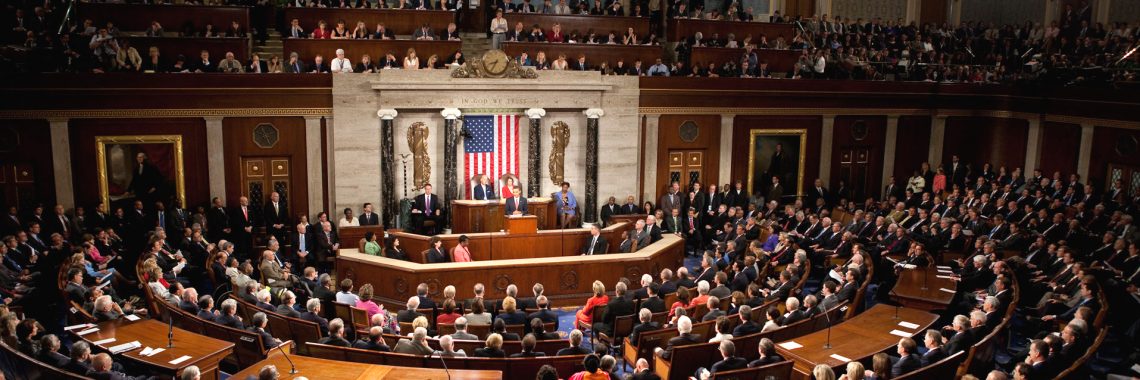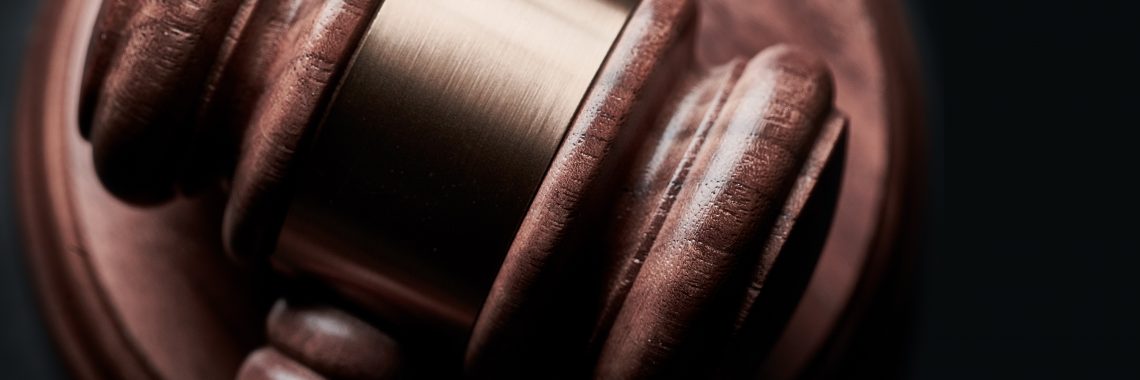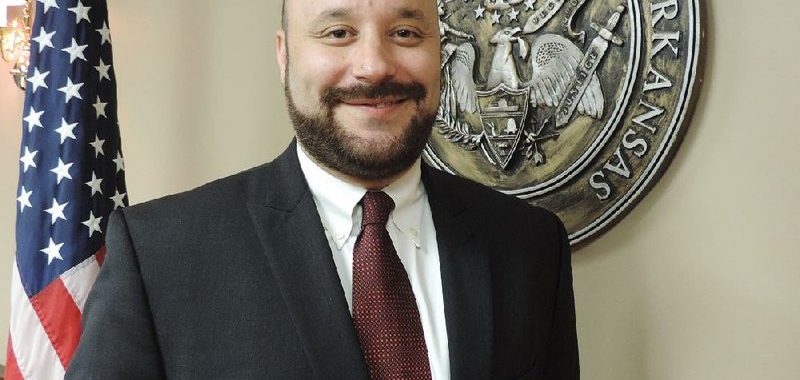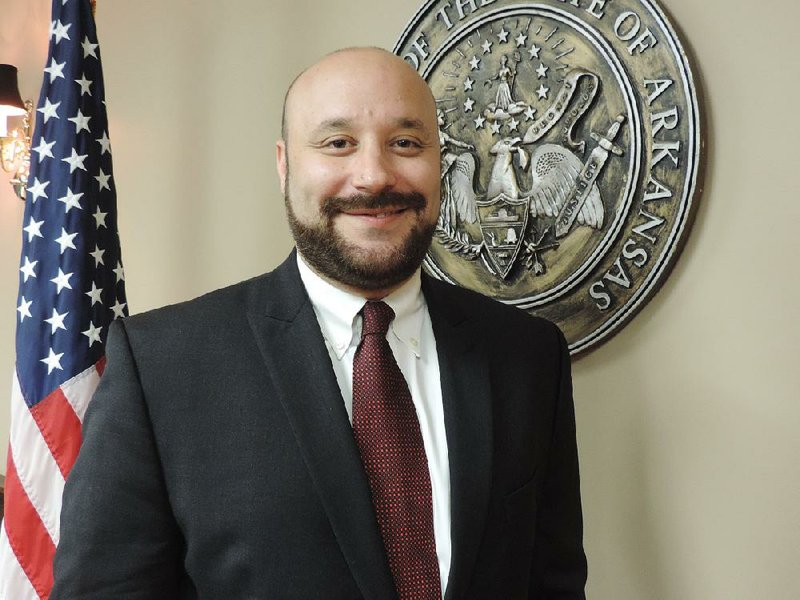Democrats in Congress Aim to Repeal Pro-Life Hyde Amendment
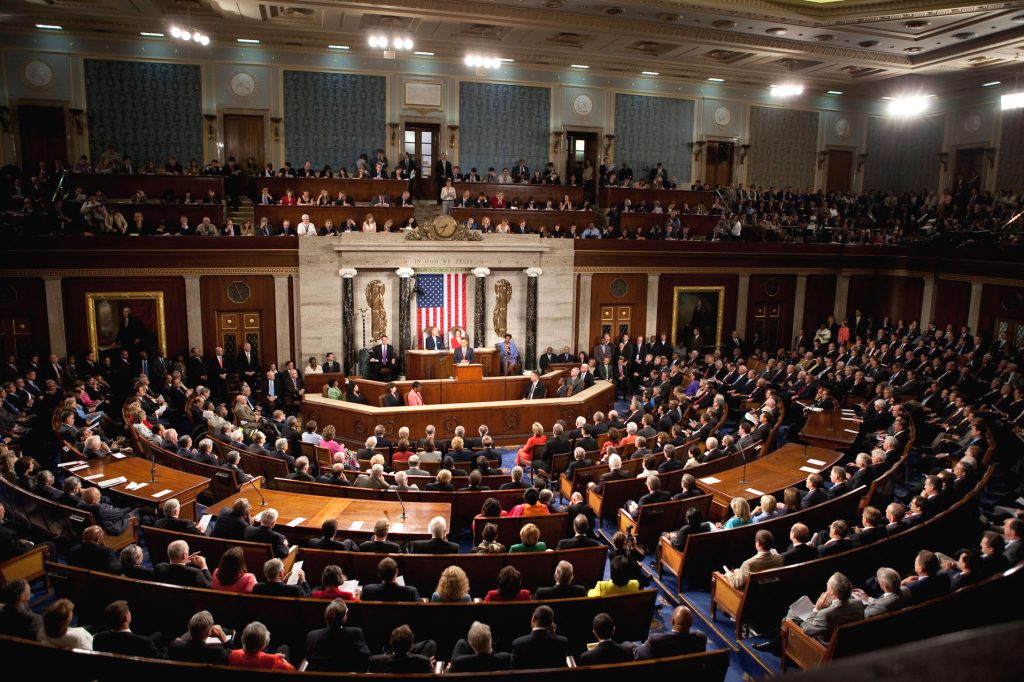
Last month the LA Times reported that Rep. Nancy Pelosi and other Democrats in Congress intend to repeal the Hyde Amendment next year.
The Hyde Amendment is a provision in the federal budget that prevents Americans from being forced to fund abortion procedures with their tax dollars. It contains exceptions for cases of rape or incest or when the mother’s life or physical health are in jeopardy.
Every year since 1976 Congress has attached some version of the Hyde Amendment to the federal budget to prevent taxpayer-funded abortion.
Public opinion polling has shown again and again that Americans don’t want to pay for abortions with their tax dollars. In spite of that, the Hyde Amendment has come under attack from pro-abortion groups and politicians in recent years.
For example:
- In 2016 the Democratic Party amended its platform, calling for the repeal of the Hyde Amendment.
- In 2019 presidential hopeful Joe Biden came out against the Hyde Amendment following pressure from pro-abortion groups.
- A few weeks later, then-presidential candidate Pete Buttigieg stated his opposition to the Hyde Amendment as well.
- Last July U.S. Representatives Barbara Lee (California), Alexandria Ocasio-Cortez (New York), Ayanna Pressley (Massachusetts), and Jan Schakowsky (Illinois) authored an op-ed in which they said “the Hyde Amendment’s days are numbered.”
For years the Hyde Amendment was viewed as a reasonable compromise between pro-life and pro-abortion politicians, but it’s clear that pro-abortion groups no longer see it that way.
Abortion advocates often have said, “If you don’t like abortion, don’t have one.”
Without the Hyde Amendment, even if you don’t like abortion and don’t have an abortion, you could still be forced to pay for an abortion with your taxes.

